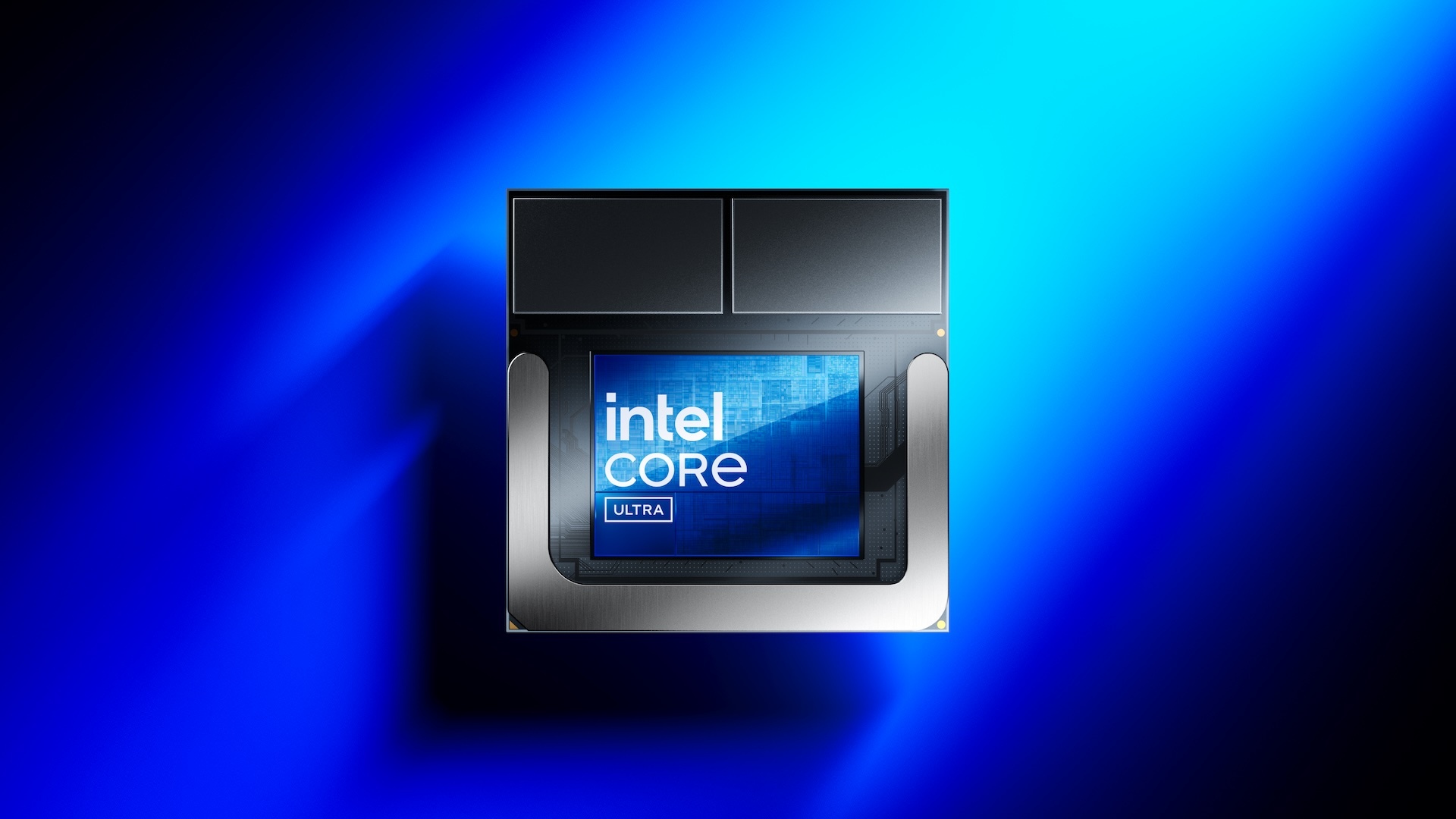I couldn’t find any clarification in the article but in guessing these are still x86_64 and from the description it seems like they’ve stacked a lot of different components into a single CPU core. Normally both those things would make it a big powerhouse so I’m not sure how it’s going to beat arm on baterry which competes by having a smaller simpler ISA that doesn’t need as much resources or complexity to process.
Extra components mean more specific hardware to complete each task. This more specific hardware can process the same data often faster and with less power consumption. The drawback is cost, complexity and these compose are only good for that one task.
CPUs are great because they are multipurpose and can do anything, given infinite time and storage. This flexibility means it isn’t as optimised.
People are not creating custom code to solve their own problems. They are running very common applications, using very common libraries for similar functions. So for the general user specific hardware for encryption, video codecs, networking etc will reduce power consumption and increase processing speed in a practical way.
So they’re promising ARM-beating battery life while just beginning to incorporate the kind of custom silicon that Apple has been integrating for years now?
I’ll believe it when I see it.
Intel skepticism aside, I hope they can deliver on this. M-series Macs seem streets ahead in terms of battery life right now and it doesn’t feel great buying any other portable.
Honestly, a lot of that is budget.
Apple makes low clocked, very wide SoCs, and are always the first customer of the most cutting edge silicon node. This is very expensive. And Apple can eat it with their outrageous prices.
Intel (and AMD) go more for “balance,” with smaller cheaper dies and higher peak clocks. Their OEMs also “cheap out” by bundling a bunch of bloatware that also drains the battery to pad margins. You can find PCs with big batteries and better stock configs, but these are more expensive.
AMD is only just now getting into the “premium” game with the upcoming Strix Halo chip (M2 Pro-ish spec wise). Intel isn’t there yet, but there are rumors they will as well.
bloatware
Even if you remove all that crap, battery life is nowhere near the same vs the M-series chips. So while it may be a problem, it’s still not anywhere close to the reason battery life sucks.
It can be if you run linux and throttle the chips. Even my older G14 last a long time, as the AMD SoCs are great, it can run fanless throttled down, and it just has a straight up bigger battery than razor thin Macs.
But again, it’s just not configured this way in most laptops, which sacrifice battery for everything else because, well, OEMs are idiots.



